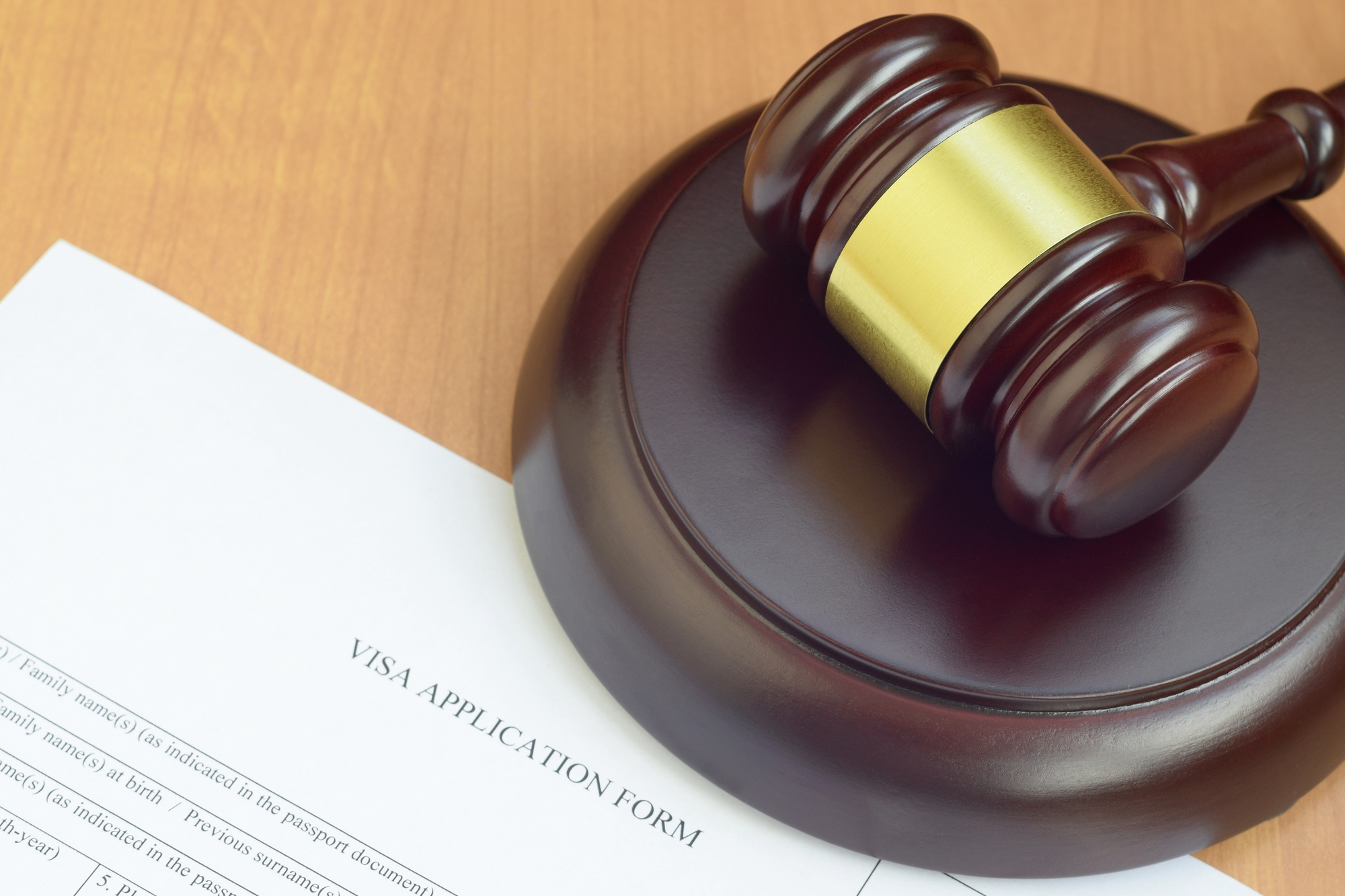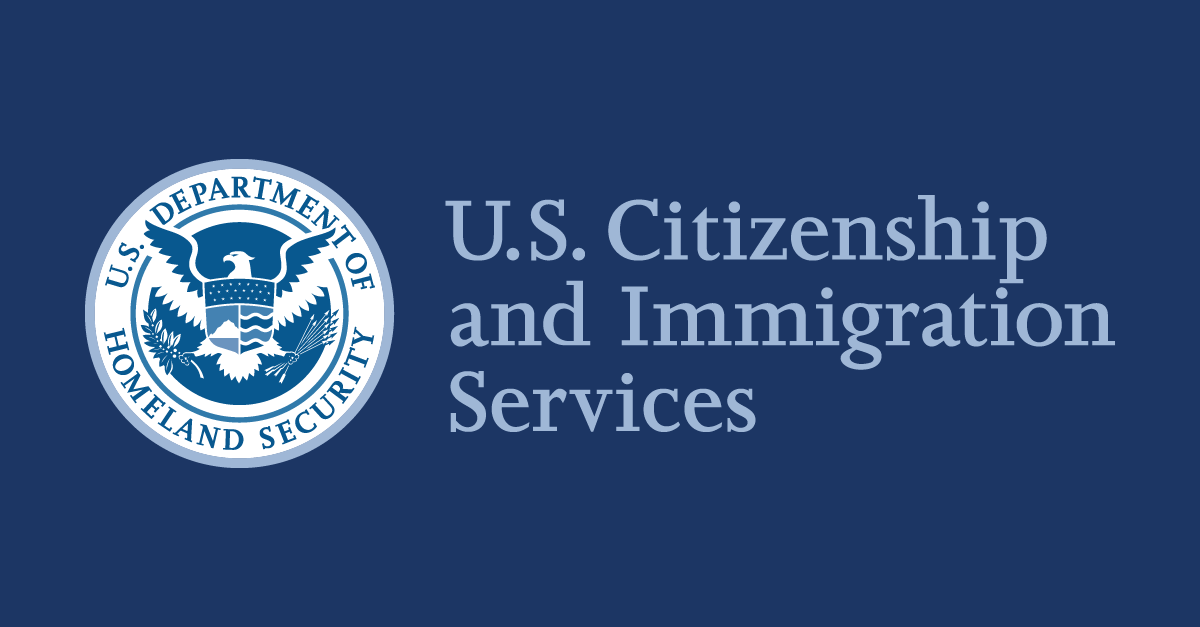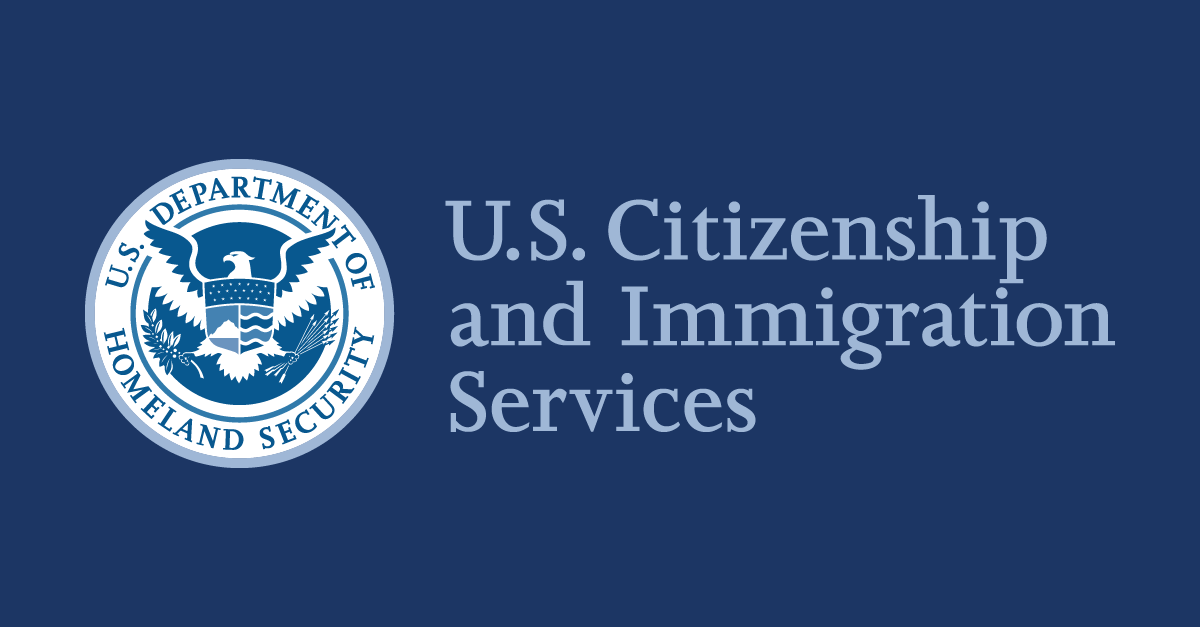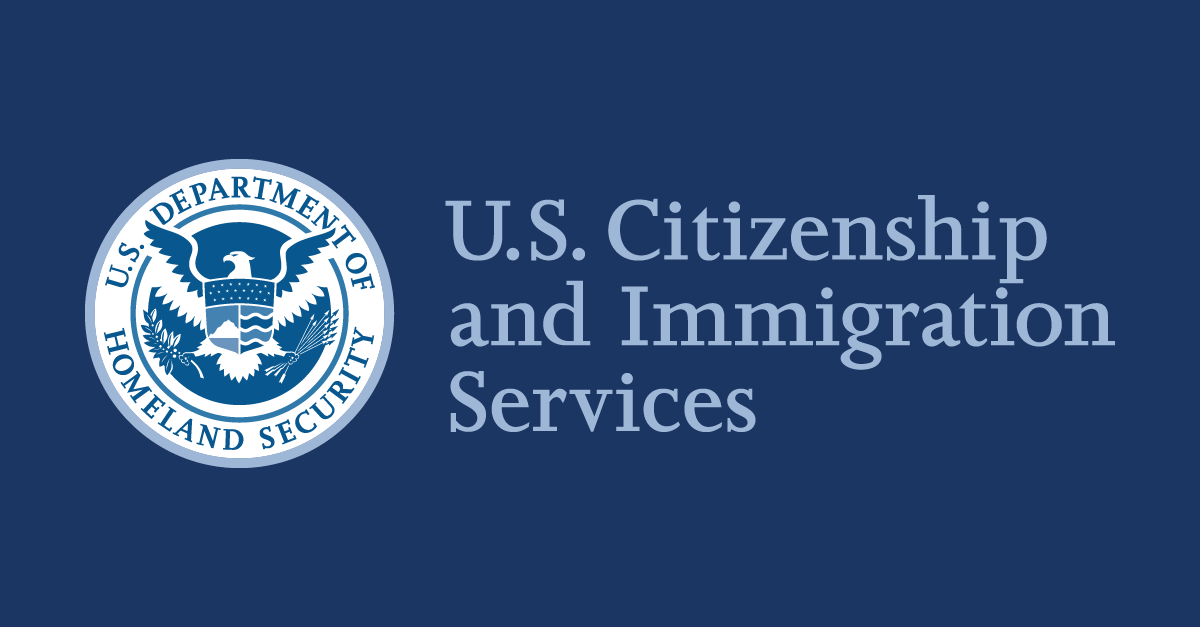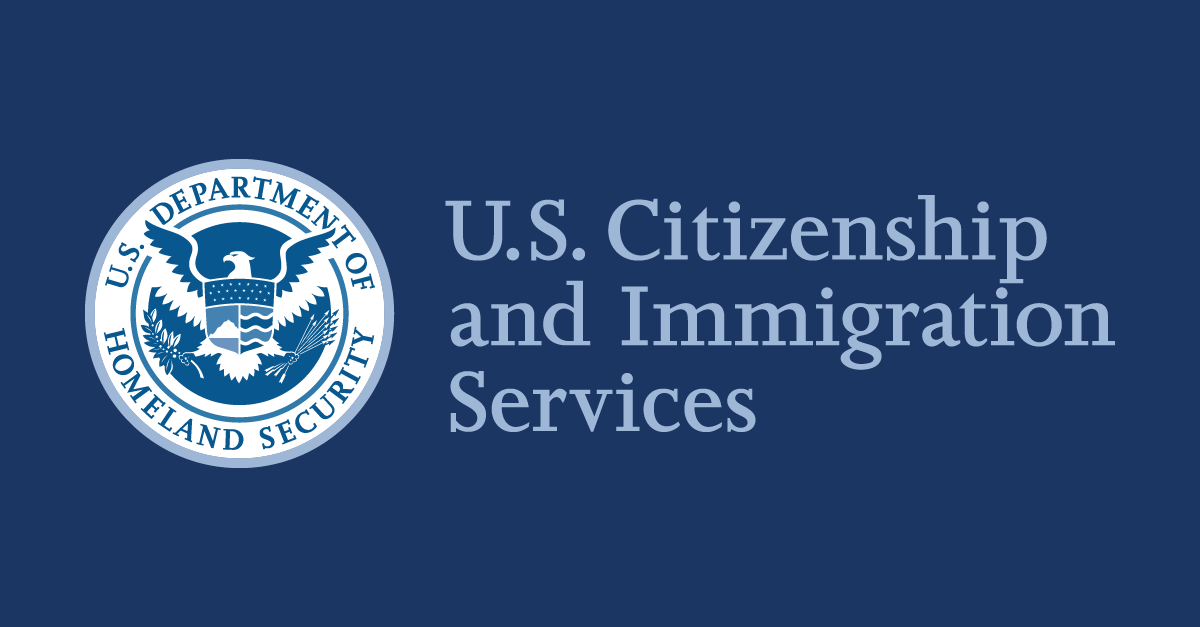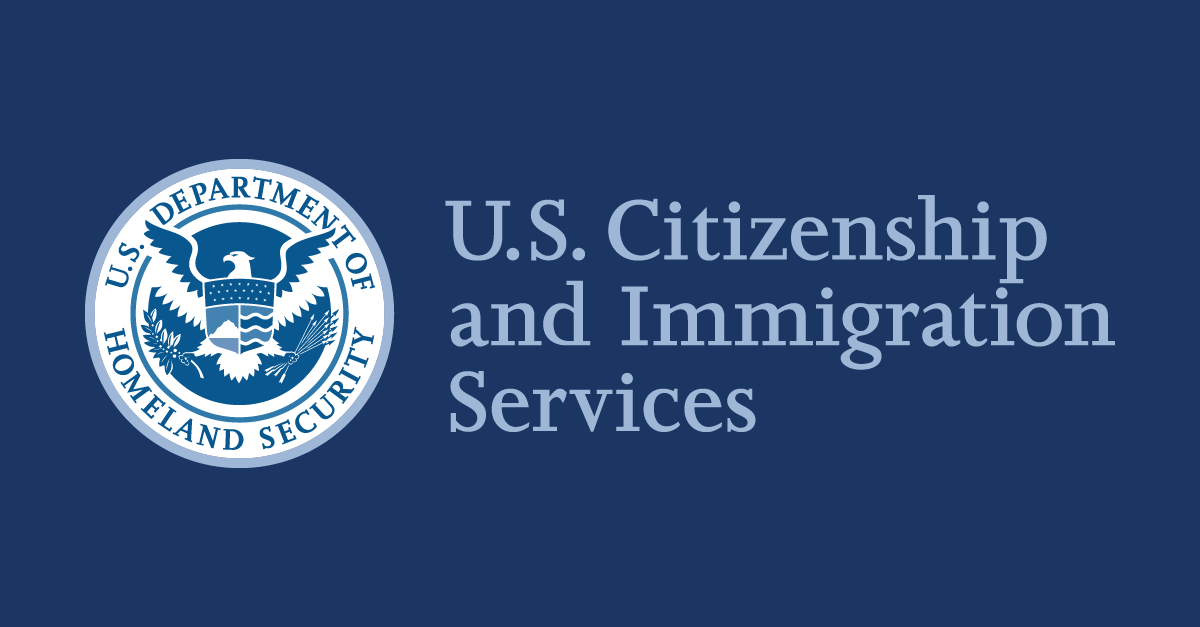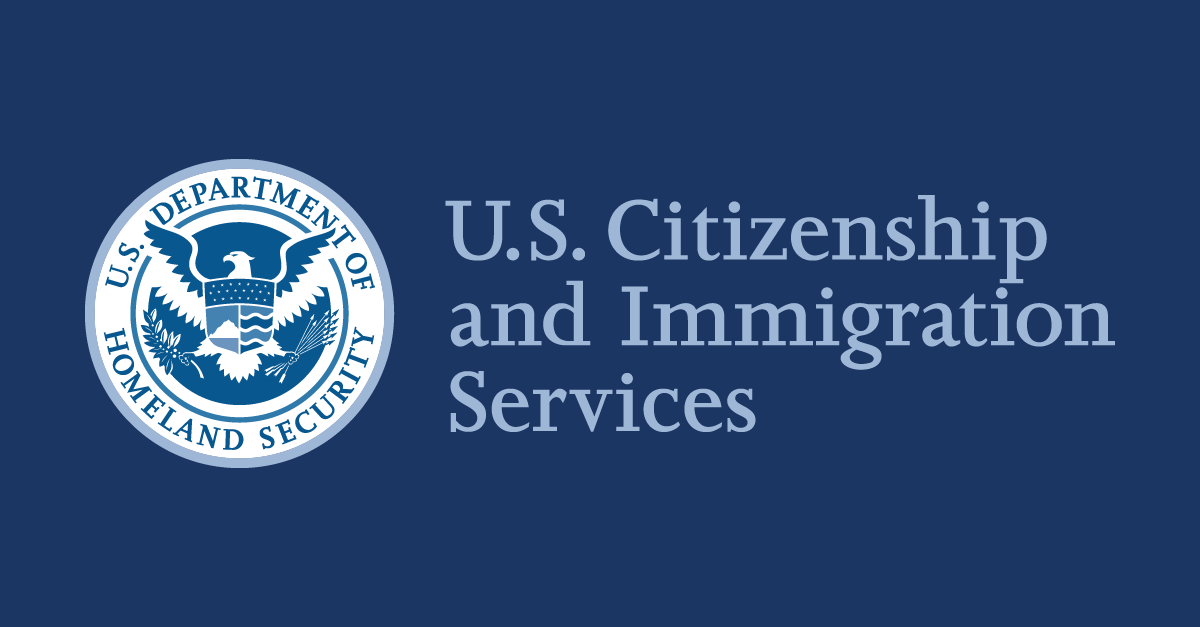Whether you are eligible for a waiver depends on the immigration benefit you are seeking and the reason for your inadmissibility. If you are thinking of submitting a waiver you should consult with an experienced, licensed attorney to see if one of the waivers is a good fit for you.
I-601 Waiver: Used to address various grounds of inadmissibility. If you are inadmissible In the United States and are seeking an immigrant visa, adjustment of status, certain immigration benefits you must see if a waiver is needed for your situation.
I-601A Waiver: Provisional Unlawful Presence Waiver. Not everyone qualifies for the 601A waiver, as it’s specifically designed for certain individuals with immediate family members in the U.S. who would experience hardship if separated. Below are the primary eligibility requirements:
- Qualifying Relative: You must have a qualifying relative who is either a U.S. citizen or a lawful permanent resident (green card holder). This is typically a spouse or parent.
- Extreme Hardship: You must demonstrate that your qualifying relative would experience extreme hardship if you were not allowed to return to the U.S. after your consular interview.
- Consular Interview Requirement: You must plan to attend a consular interview at a U.S. embassy or consulate in your home country.
- No Other Inadmissibility Issues: The 601A waiver only addresses unlawful presence. If you have other grounds of inadmissibility, such as a criminal record, you may need additional waivers or legal assistance.
I-212 Waiver: Permission to reapply for admission after deportation. This is used for individuals who have been deported or removed from the United States and wish to return. This waiver allows them to reapply for admission after previous deportations, or removals from the United States, or for those who were unlawfully present in the United States for a period of more than a year. The form is used to request permission to reapply after removal or prolonged unlawful presence and can be used as consent to reapply after removal or deportation, or as advanced permission meaning it is filed in the U.S. before having to leave the U.S.

